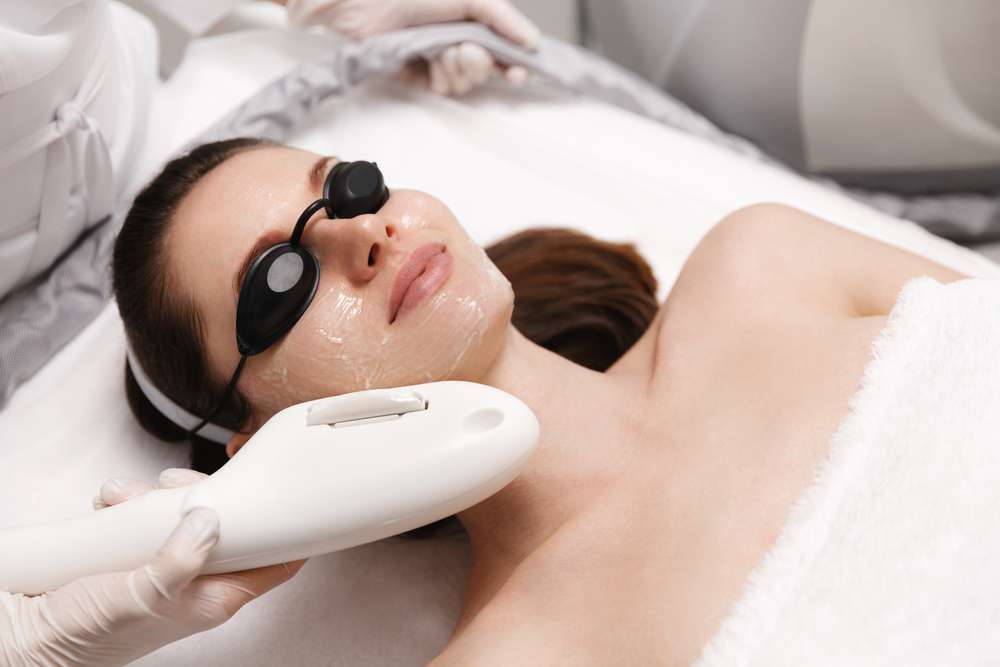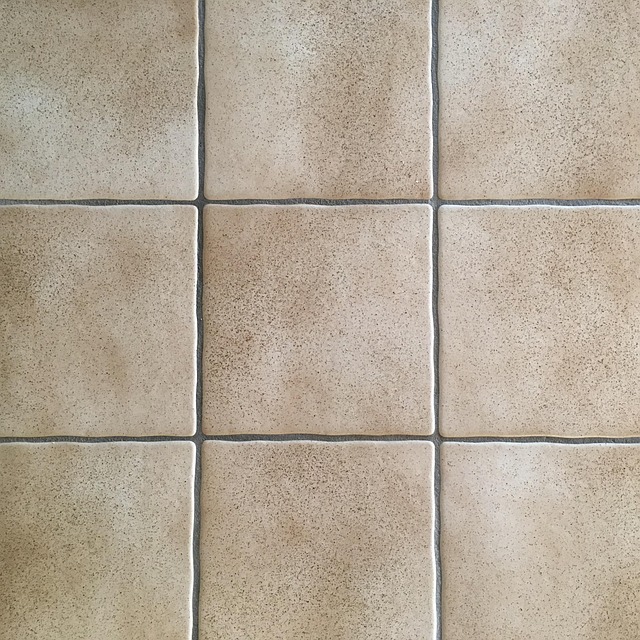Laser Skin Treatment: A Guide to Rejuvenating Your Complexion
Laser skin treatment has revolutionized the world of dermatology and cosmetic procedures, offering a non-invasive way to address various skin concerns. This innovative approach uses focused light energy to target specific skin issues, promoting collagen production and cellular renewal. As more people seek ways to maintain youthful, radiant skin, laser treatments have become increasingly popular for their effectiveness and minimal downtime.

Different types of lasers are used for various skin concerns. For example, ablative lasers remove the outer layer of skin to address wrinkles and scars, while non-ablative lasers penetrate deeper without damaging the surface, targeting issues like fine lines and pigmentation. The choice of laser depends on the specific skin condition being treated and the desired outcome.
What skin conditions can be treated with laser therapy?
Laser skin treatments are versatile and can address a wide range of skin concerns. Some of the most common conditions treated with laser therapy include:
-
Fine lines and wrinkles
-
Sun damage and age spots
-
Acne scars and other types of scarring
-
Uneven skin texture and tone
-
Enlarged pores
-
Rosacea and facial redness
-
Unwanted hair
-
Tattoo removal
The effectiveness of laser treatment can vary depending on the specific condition and the individual’s skin type. A dermatologist or skincare professional can assess your skin and recommend the most suitable laser treatment for your needs.
What are the benefits of laser skin rejuvenation?
Laser skin rejuvenation offers numerous benefits that make it an attractive option for those seeking to improve their skin’s appearance:
-
Non-invasive: Unlike surgical procedures, laser treatments don’t require incisions or anesthesia.
-
Precision: Lasers can target specific areas without affecting surrounding tissue.
-
Customizable: Treatment can be tailored to individual skin types and concerns.
-
Minimal downtime: Many laser treatments allow patients to resume normal activities quickly.
-
Long-lasting results: Effects can be long-term, especially with proper skincare maintenance.
-
Stimulation of natural processes: Laser treatments encourage the body’s natural collagen production.
-
Versatility: Can address multiple skin concerns in a single treatment session.
Are there any risks or side effects associated with laser skin treatment?
While laser skin treatments are generally safe when performed by qualified professionals, there are potential risks and side effects to consider:
-
Redness and swelling: Common immediately after treatment, usually subsiding within a few days.
-
Skin sensitivity: Treated areas may be more sensitive to sunlight and skincare products.
-
Hyperpigmentation or hypopigmentation: Changes in skin color, more common in darker skin tones.
-
Scarring: Rare, but possible, especially if aftercare instructions are not followed.
-
Burns: In rare cases, improper use of lasers can cause burns.
-
Infection: While uncommon, there’s a small risk of infection at the treatment site.
It’s crucial to choose a reputable provider and follow all pre and post-treatment instructions to minimize these risks.
How much does laser skin treatment typically cost?
The cost of laser skin treatment can vary significantly depending on several factors, including the type of laser used, the area being treated, the number of sessions required, and the geographic location of the provider. Here’s a general overview of pricing for common laser treatments:
| Treatment Type | Average Cost per Session | Typical Number of Sessions |
|---|---|---|
| Fractional Laser Resurfacing | $1,000 - $2,500 | 1-3 |
| IPL (Intense Pulsed Light) | $300 - $600 | 3-5 |
| Non-ablative Laser | $800 - $1,500 | 3-6 |
| CO2 Laser Resurfacing | $2,000 - $4,000 | 1-2 |
| Laser Hair Removal | $200 - $800 | 6-8 |
Prices, rates, or cost estimates mentioned in this article are based on the latest available information but may change over time. Independent research is advised before making financial decisions.
It’s important to note that many providers offer package deals for multiple sessions, which can reduce the overall cost. Additionally, some medical spas or dermatology offices may provide financing options to help manage the expense of treatment.
How to prepare for and what to expect during a laser skin treatment session?
Preparing for a laser skin treatment involves several steps to ensure the best possible outcome:
-
Consultation: Discuss your goals and medical history with a skincare professional.
-
Avoid sun exposure: Protect your skin from UV rays for several weeks before treatment.
-
Stop certain medications: Your provider may advise discontinuing blood thinners or retinoids.
-
Cleanse your skin: Arrive at the appointment with clean, makeup-free skin.
During the treatment session:
-
The provider will cleanse your skin and may apply a numbing cream.
-
Protective eyewear will be provided to shield your eyes from the laser.
-
The laser device will be passed over the treatment area, which may cause a warming or tingling sensation.
-
Sessions typically last 30 minutes to an hour, depending on the area treated.
-
Afterward, a cooling gel or ointment may be applied to soothe the skin.
Post-treatment care is crucial for optimal results and may include avoiding sun exposure, using gentle skincare products, and following any specific instructions provided by your dermatologist.
Laser skin treatment offers a powerful way to rejuvenate and improve skin health. By understanding the process, benefits, and considerations, you can make an informed decision about whether this innovative dermatological approach is right for you. Always consult with a qualified skincare professional to determine the most appropriate treatment plan for your individual needs and skin type.
This article is for informational purposes only and should not be considered medical advice. Please consult a qualified healthcare professional for personalized guidance and treatment.






